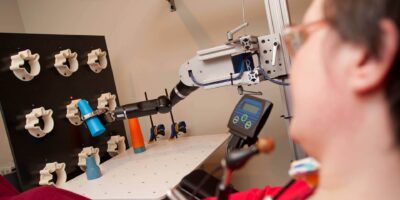Technology has made our lives easier, right from medical to transportation and marketing. But has it made our lives any safer? Addiction to technology can make people less productive, affect our sleeping habits and have the ability to drive us insane. We are becoming more and more entrenched with our devices as tech advances, stepping into a perilous territory. According to Dr. Adam Gazzaley, this is referred to as a cognition catastrophe. Gazzaley is a dean of Neurology and Psychiatry Physiology at the University of California in San Francisco.
Reporting to the Medical News Today, Gazzaley says that there is robust proof of the destructive toll that tech can take. It ranges from responsive regulation, association with anxiety, attention discrepancy, and depression. Other aspects include compassion, empathy among others. Gazzaley is the author of The Distracted Mind. He has devoted his career to examining the relationship between human nature and our relations with tech. Speaking to Thrive Global, Gazzaley points out that humans are info-seeking beings. Our fodder for information matches animal’s fodder for food due to the dynamic force to be well-versed. Humans have been highly challenged by technology and the information we access shifts our interaction with the environment. Prof. Gazzaley’s research eyes at some of the primary reasons why people are so vulnerable to these adverse consequences.
His opening remarks tell the complexity of technology and humans relation, adding its concern and realism. In relation to Gazzaley, the most important question to ask ourselves is how to fix and not eliminate. Technology is uncontainable, especially for the millennials. In order to approach addressing it effectively, recognizing technology influence in its totality is essential. Only then can we come up with resourceful tactics.
Quite a number of people have been advising on how people should stay away from their devices. But instead, Gazzaley prefers reframing the approach into how we can use technology to empower our brain function. Gazzaley has simplified the process of solving an indispensable problem into three conduits. First, we need to control by using tech in a better way and regulating how and when to use technology. Second, tech firms need to be accountable for their products by determining how helpful or potentially dangerous their products can be other than just the advantages and views. Third, as developers begin making new tech, they should be more thoughtful into solving the existing problems created by tech. This should improve our interaction with the environment.


